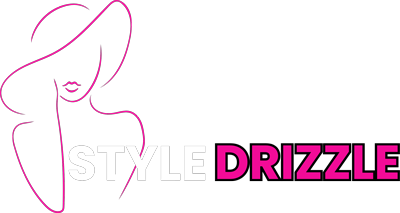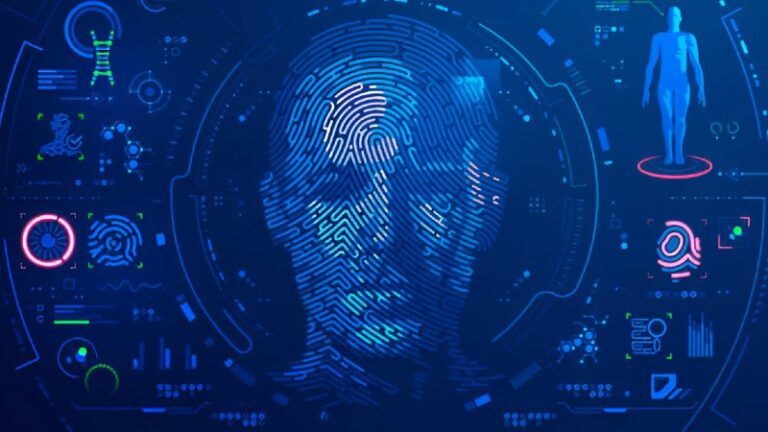In today’s hyperconnected world, where digital identity and cultural relevance increasingly dictate brand success, the term énmekim has emerged as a fascinating concept crossing linguistic, technological, and marketing domains. While énmekim may sound unfamiliar to many outside certain circles, it represents much more than a catchy word. It is a bridge between personal identity, cultural localization, and digital innovation.
What Is énmekim?
The word énmekim stems from Hungarian: én means “I” or “me,” and meki is a casual nickname for McDonald’s in Hungary. Combined, it roughly translates to “My McDonald’s.” This phrase has been famously used by McDonald’s Hungary to personalize their loyalty program and digital engagement strategy.
However, énmekim has begun to transcend its original context, surfacing as a digital identity keyword, a brandable concept, and a symbol of individualization in digital and cultural spaces.
Why énmekim Represents More Than Just a Word
1. Linguistic Identity Meets Digital Personalization
énmekim illustrates a seamless blend of language and technology. Its Hungarian roots give it authenticity, while its usage in digital platforms like McDonald’s loyalty app transforms it into a personalized experience marker. This synergy highlights how brands and individuals alike are using language to deepen digital connections.
- Localized language: Brands adapt global products by embedding local language nuances, increasing relatability.
- Personal ownership: énmekim invites users to claim a personal stake (“My McDonald’s”), fostering loyalty and emotional connection.
- Digital integration: Using the term in apps and social media activates a new level of consumer interaction.
2. A New Model for Cultural-Driven Branding
Global brands face the challenge of maintaining universal appeal while resonating locally. énmekim is a case study in tackling this balance. It uses language and identity not as afterthoughts but as core drivers of brand experience.
| Brand Strategy | énmekim Approach | Typical Global Brand Approach |
|---|---|---|
| Localization | Incorporates local slang and identity markers | Generic translations or universal slogans |
| Customer Engagement | Emphasizes personal ownership and customized rewards | Focuses on transactional loyalty points |
| Digital Presence | Gamification and social media integration using culturally relevant themes | Standard app features with minimal cultural tailoring |
énmekim as a Framework for Digital Identity
While énmekim’s roots are Hungarian and tied to a specific loyalty program, the underlying principles it embodies can be generalized to a wider digital identity framework. This framework is particularly relevant for brands, creators, and startups aiming to cultivate authenticity and connection in diverse markets.
Key Elements of the énmekim Framework
- Personalization Through Language: Use local dialects, slang, or culturally significant phrases to create a sense of belonging.
- Digital-Physical Integration: Connect online engagement with offline experiences, such as exclusive in-store offers or events.
- Gamified Interaction: Employ badges, streaks, and rewards that encourage ongoing participation and community-building.
- Emotional Ownership: Foster a feeling that the brand or service is “owned” by the customer, not just used by them.
- Social Proof and Community: Encourage users to share experiences via hashtags, photos, and reviews to enhance authenticity.
How a Fitness App Could Use the énmekim Framework
- Localization: Incorporate local fitness slang and cultural references in app messaging.
- Digital-Physical: Provide rewards redeemable at local gyms or fitness stores.
- Gamification: Unlock badges for workout streaks or community challenges.
- Ownership: Personalize dashboards and workout plans branded with users’ chosen nicknames or avatars.
- Social Community: Enable sharing of workout achievements on social media using a unique hashtag.
The Impact of Personalized Digital Branding
Research consistently shows the value of personalization and cultural resonance in digital marketing:
| Statistic | Source | Insight |
|---|---|---|
| 80% of consumers are more likely to purchase from brands that offer personalized experiences. | Salesforce, 2024 | Personalization drives buying behavior and loyalty. |
| 72% of customers say they only engage with personalized messaging. | SmarterHQ, 2023 | Generic messages are increasingly ineffective. |
| Companies with strong cultural localization see a 30% higher engagement rate. | Harvard Business Review, 2022 | Localization is a key competitive advantage. |
Challenges and Considerations for Using énmekim-like Strategies
Adopting an énmekim-inspired approach comes with its own set of hurdles:
- Data Privacy: Personalization requires collecting user data responsibly and transparently.
- Authenticity Risks: Over-commercializing personal identity can alienate consumers.
- Language Barriers: Localization demands cultural sensitivity and expert knowledge.
- Technology Access: Not all users have equal access to digital tools, potentially excluding some demographics.
Could énmekim Influence Global Branding Trends?
As digital ecosystems evolve, énmekim exemplifies a model for blending cultural authenticity with digital innovation. Its success in Hungary hints at a broader trend where brands will:
- Invest in hyper-localized marketing strategies.
- Create personalized digital experiences that feel uniquely owned by users.
- Use language and identity to build communities, not just customer bases.
- Leverage gamification to maintain engagement across platforms.
We may soon see similar initiatives worldwide, adapting the core énmekim principles to different languages, cultures, and sectors—from retail to entertainment to education.
Conclusion
énmekim is more than a word it’s a lens through which to view the future of personalized, culturally resonant digital branding. It demonstrates how combining language, technology, and identity can create powerful emotional bonds between brands and their audiences. Whether you are a marketer, entrepreneur, or digital creator, understanding the nuances of énmekim offers valuable lessons in crafting memorable, authentic experiences.
By embracing the principles embodied by énmekim, brands can not only meet consumer expectations for personalization but also foster deeper loyalty and community connection in a crowded digital landscape.
Frequently Asked Questions (FAQs)
énmekim is a Hungarian phrase combining “én” (meaning “I” or “me”) and “meki” (a nickname for McDonald’s). It translates roughly to “My McDonald’s” and symbolizes personalized digital identity.
Is énmekim only related to McDonald’s?
While énmekim originated in relation to McDonald’s Hungary’s loyalty program, its concept has broader applications in digital personalization, branding, and cultural localization.
How can énmekim inspire digital branding?
énmekim exemplifies how brands can use language, cultural identity, and technology to create personalized, emotionally engaging experiences that resonate locally and digitally.
Can énmekim be used outside Hungary?
Yes. Although rooted in Hungarian language and culture, the principles behind énmekim personalization, localization, and identity can be adapted globally across industries and cultures.
What industries benefit most from énmekim-like strategies?
Industries such as retail, tech startups, wellness, entertainment, and digital services gain the most by adopting personalized and localized branding approaches inspired by énmekim.


